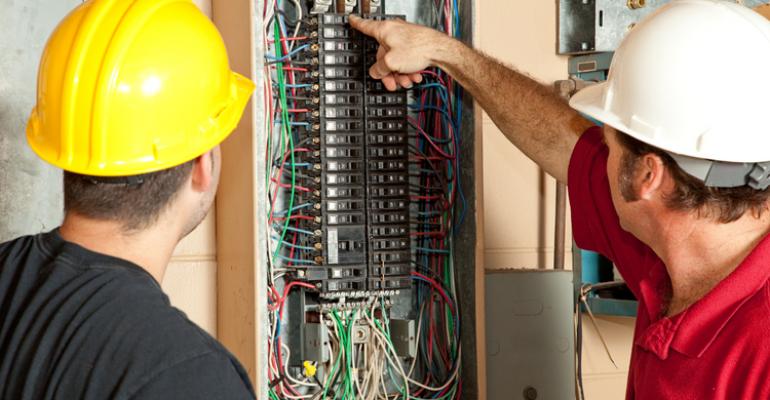Home » Course Layouts » Free Course Layout Udemy
Electrical safety certification is in place because electricians are always exposed to electrical safety and arc flash dangers on a day-to-day basis, whether they are working on electrical systems in large buildings or installing electrical systems on construction sites. However, even after skilled electricians receive their initial certification, they seek certification for physical protection and to increase their value in the field.
0
59
English
English [CC]
- Learn basic syntax that can apply to any language.
- Learn what is a programming language and the basic concepts for beginners.
- Understand what is Javascript in it's truest form.
- Know the basic syntax of Javascript.
- Know some hidden quirks in Javascript.
Description
Construction of Electrical Safety Hazards
Common electrical hazards that occur on construction sides include working with energized/hot circuits or working around overhead power lines. For example, materials like ladders and scaffolding that accidentally come in contact with these energized power lines can electrocute any worker holding or even touching that ladder or scaffolding. Also, incorrect or unsafe use of ground plugs for electrical cords can cause hazards. Plus, falls from working overhead can also cause electrocution if that fall results in accidental contact with a live electrical conductor.Course content
-
- Electrical Safety 00:50:00
- Statistics 00:10:00
- How Electricity Works 00:15:00
- Resistance 00:10:00
-
- Insulators 00:20:00
- How Shock Occurs 00:10:00
- Shock & the Human Body 00:50:00
- Burns & Other Injuries 01:00:00
- Preventing Electrical Hazards 00:20:00
- Insulation 00:40:00
- Guarding 01:00:00
- Circuit Protection Devices 00:50:00
- Care of Cords & Equipment 00:50:00
- Summary 00:10:00
- Purpose of the Standards Around the World FREE 00:30:00
- British Standards FREE 02:00:00
- European Standards FREE 02:00:00
- Supervisor Electrical Safety Test 00:45:00
N.A
- 5 stars0
- 4 stars0
- 3 stars0
- 2 stars0
- 1 stars0
No Reviews found for this course.
Instructor
OpenCoursa
Accessible Education for Everyone
5
5
6
24768
4637
We are an educational and skills marketplace to accommodate the needs of skills enhancement and free equal education across the globe to the millions. We are bringing courses and trainings every single day for our users. We welcome everyone woth all ages, all background to learn. There is so much available to learn and deliver to the people.
Explore Free Courses
Access valuable knowledge without any cost.
{"title":"","show_title":"0","post_type":"course","taxonomy":"course-cat","term":"engineering-skills,health-and-safety","post_ids":"","course_style":"free","featured_style":"course6","masonry":"","grid_columns":"clear4 col-md-3","column_width":"268","gutter":"30","grid_number":"4","infinite":"","pagination":"","grid_excerpt_length":"20","grid_link":"1","grid_search":"0","course_type":"","css_class":"","container_css":"","custom_css":""}










